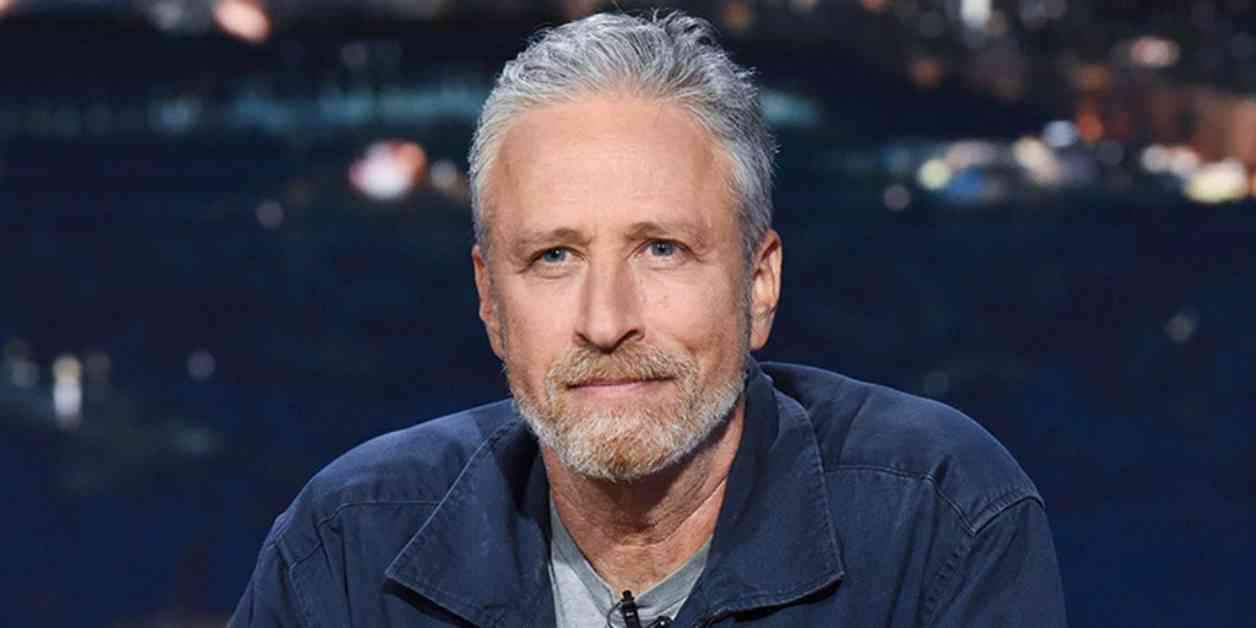Jon Stewart, host of “The Daily Show,” recently made headlines for his candid criticism of the media’s portrayal of President Donald Trump as a “fascist.” In a clip shared off-air by the show on X, Stewart addressed accusations of being “light on the fascist message recently,” responding with his trademark humor and wit. While acknowledging the temptation to label Trump as such, Stewart emphasized the importance of specificity and nuance in political discourse.
Stewart expressed his reluctance to use the term “fascist” loosely, cautioning against overusing it for every administrative decision or action that may not align with one’s personal beliefs. He warned that by crying “fascism” at every turn, the media risks desensitizing the public and diluting the impact of the term when it truly matters. Drawing parallels to the recent election, Stewart highlighted the dangers of hyperbolic rhetoric that fails to resonate with voters and called for a more measured approach to political commentary.
Questioning the Left’s Narrative
Stewart’s critique of the media’s portrayal of Trump as a “fascist” is not an isolated opinion. Charlamagne Tha God, co-host of the “Breakfast Club,” also raised questions about the left’s sudden shift in rhetoric following Trump’s election victory. He pointed out the inconsistency in labeling Trump as a threat to democracy one day and then downplaying those accusations the next. This inconsistency, according to Charlamagne, raises doubts about the sincerity of such extreme characterizations and highlights the political nature of these narratives.
A Call for Reflection and Authenticity
In his remarks, Stewart urged for introspection within the media and political spheres, encouraging a more honest and genuine dialogue about the state of the country. He challenged the notion that hyperbolic language and fear-mongering are effective strategies for engaging voters or enacting meaningful change. By questioning the authenticity of certain narratives and calling for a more nuanced approach to political discourse, Stewart emphasized the importance of clarity and substance over sensationalism and alarmism.
As the conversation around Trump’s presidency continues to evolve, voices like Jon Stewart and Charlamagne Tha God offer valuable perspectives on the power of language and the impact of exaggerated rhetoric on public discourse. By challenging conventional narratives and advocating for a more thoughtful and authentic dialogue, these individuals remind us of the responsibility we all share in shaping the political landscape. As we navigate an increasingly polarized media environment, their insights serve as a timely reminder of the importance of critical thinking and genuine engagement in our democratic process.


